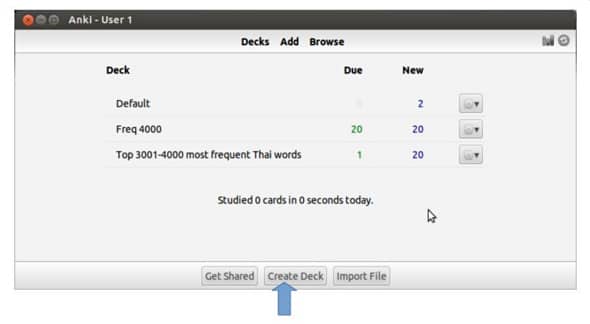
“Saving” UWorld questions until you’ve studied moreĪ common mindset is that students don’t want to “waste” UWorld questions too early in the months preceding their Step 1 Dedicated period, instead “saving” questions until they’ve studied more. A modest investment of time doing Anki reviews each day will return large dividends once Dedicated starts, since many Step 1 questions essentially come down to recalling a single fact that allows you to select the correct answer, even for second- and third-order test questions. To this end, I’ve developed customized and improved versions of popularly used Step 1 Anki decks, and I’m glad to share those with my students and get them started with incorporating this powerful learning tool into their study plan. My goal is to coach all of my students into using Anki in a way that works well for them. The key is to use Anki wisely, and not become buried under a mountain of reviews. However, I’m not claiming everyone should be learning every one of the 20,000+ cards in the Anki Step 1 deck! Far from it! Anki is ideal for the memorization-heavy parts of USMLE material: things like random gene mutations, key disease associations, mechanisms of action of different drugs, and the like. Especially with the increasing popularity of the pass-fail curriculum in medical schools, many students learn “just enough” to pass their course, but this comes back to haunt them as Step 1 approaches! Using Anki in the wrong way, or not at allįull disclosure– I’m a huge advocate of Anki and “active learning” strategies in general. Although time-intensive, the strong foundation you build throughout the year is what will allow you to apply that information to novel, challenging scenarios encountered on test questions. Despite my emphasis on keeping old material fresh, there’s no substitute for first-pass learning. Think of each course in the pre-clinical years as a “mini-dedicated” period to master that organ system, whether it be cardio, pulm, renal, etc. Read on for a more detailed breakdown of some of the most common pitfalls of Step 1 preparation… Skimping on the “first-pass learning”

Other students fall on the opposite extreme, neglecting to review, and by the time Dedicated rolls around, they no longer remember the difference between chronic bronchitis and bronchiectasis and spend precious time during these final weeks duplicating efforts from earlier in the year.

This effort to review old material can become tedious and take time away from your core coursework.

Many students make the mistake of getting caught in the weeds, by trying to do hundreds (or thousands…) of flashcards per day or re-reading and re-highlighting entire chapters in Pathoma that they’ve learned earlier in the year. It sounds simple, but it’s difficult to achieve! My vision for the most effective, and least stressful, Step 1 study strategy is centered on the principle of balancing new material as you progress through pre-clinical courses while simultaneously maintaining your knowledge of past material in a time-effective way.


 0 kommentar(er)
0 kommentar(er)
